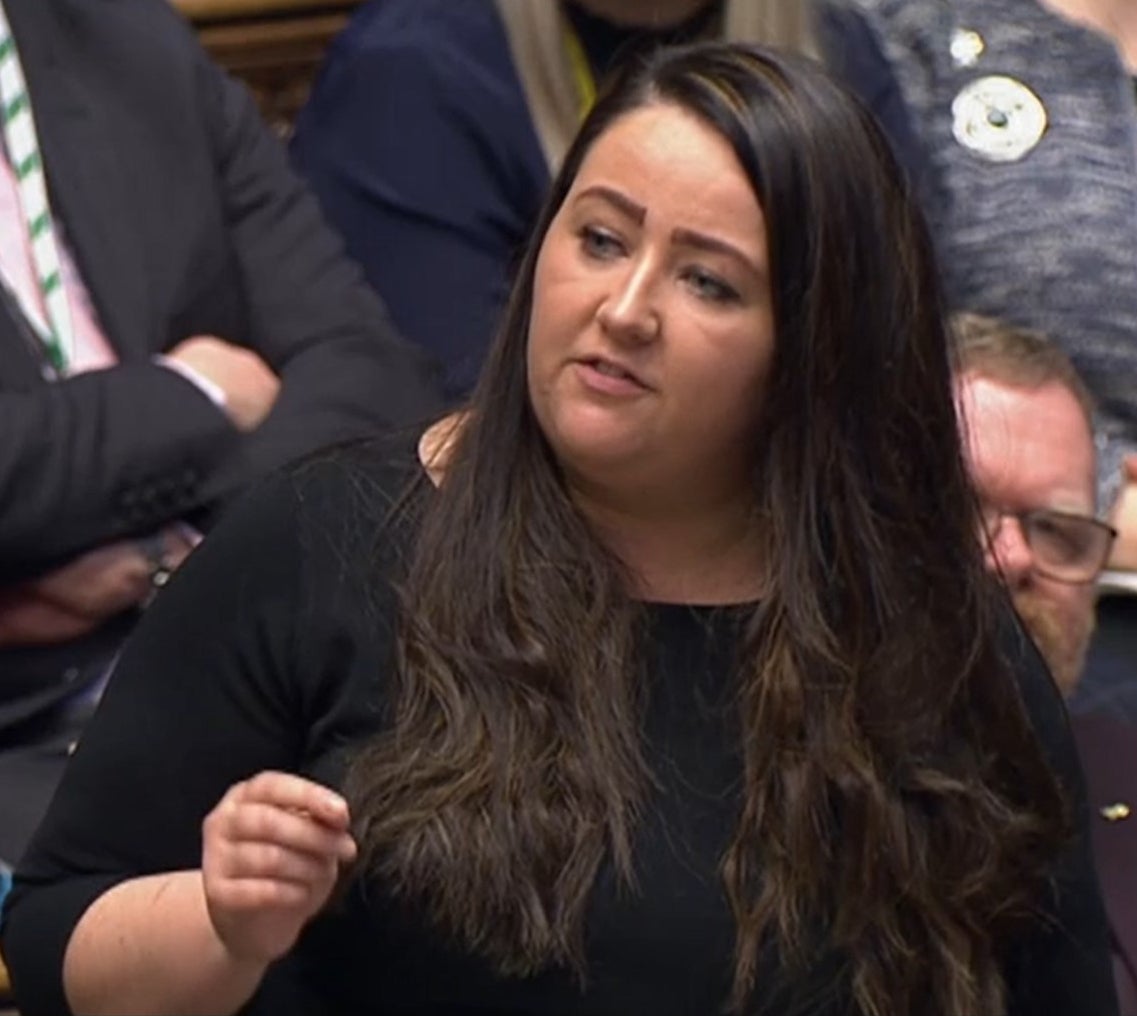
The government is facing renewed calls to introduce paid leave for parents who experience miscarriage to ensure they do not endure further trauma.
MP Angela Crawley says that parents forced back to work after going through such a loss face their grief being “compounded”.
The SNP member has introduced a private members’ bill which would provide at least three days of paid leave for anyone who had experienced a miscarriage prior to the 24-week cut-off point.
She warned a lack of support from the UK government means the legislation has not made it past the second reading despite unanimously passing its first reading in July.
The legislation was talked out for the second time by Conservative MPs prior to getting to its second reading, Ms Crawley said.
Ms Crawley said this happened even though the legislation gained cross-party support, as well as a petition demanding paid miscarriage leave attracting more than 40,000 people. The politician called for Tory ministers “to do the right thing” and lend backing to her legislation in 2023.
Speaking to The Independent, Ms Crawley said most of the parents she had spoken to who have experienced pregnancy loss struggled at returning to work.
“Some had used up all their sick leave or paid leave,” she said. “There is no statutory entitlement. It is fundamentally wrong for a parent who experiences a miscarriage not to be entitled to statutory leave of some kind.
“Most parents said having to go back to work only compounded their grief and trauma.”

Ms Crawley warned there is already a cost linked to pregnancy loss due to parents taking unpaid leave, sick leave or leaving the workplace altogether after experiencing a miscarriage.
“The lack of awareness and conversations around pregnancy loss contributes to additional stigma and taboo,” she added. “People feel like they can’t speak to their employer about their miscarriage or pregnancy loss. It is about changing the workplace to make society work better for both parents.”
While an estimated one in four pregnancies ends in miscarriage, paid bereavement leave is only given for stillbirths which occur after 24 weeks.
Ms Crawley said: “Parents who experience a miscarriage or stillbirth at any stage of their pregnancy deserve to be properly supported and given the time they may need to grieve and process their loss, without worrying about a hit to finances or taking annual leave.
“The SNP Scottish government has already done this where they have the power. It offers three days paid leave for parents working in the public sector who suffer miscarriage before 24 weeks.”
But due to the fact employment law is reserved to Westminster it can’t be implemented across the board without UK legislation.
Lily Brown, who lives in London, told The Independent she had a miscarriage in spring 2021 but put the ordeal to the back of her mind.
The 39-year-old said: “I just didn’t have any time to really process it because it all went so quickly. I was still working from home because of the pandemic.
“I think it is very tough to make parents go back to work after a miscarriage. Everyone should be entitled to take leave. When we have very painful periods and are standing or sitting in a meeting, you just want to scream.
“We need this time for everyone - for partners too - because it is traumatising. I think it will make their life easier, to take a break to think things over, and physically and mentally recover.”
A previous study covered by The Independent found more than a quarter of women and one in 12 partners suffer post-traumatic stress three months after having a miscarriage.
Researchers at Imperial College London, who carried out the first-ever study into post-traumatic stress in partners after miscarriage, demanded better psychological support for a woman and her partner after pregnancy loss.
A spokesperson for the government said they understand “losing a child at any stage is incredibly difficult and we expect employers to respond with compassion and understanding.”
“Miscarriage is a very personal experience and some of those affected may want to stay at home, whilst others may prefer to continue to work or alternatively may need time off later.
“The government believes that individuals are best placed to understand their own specific needs, and good employers will respond to requests made by their employees in a sensitive way.”







